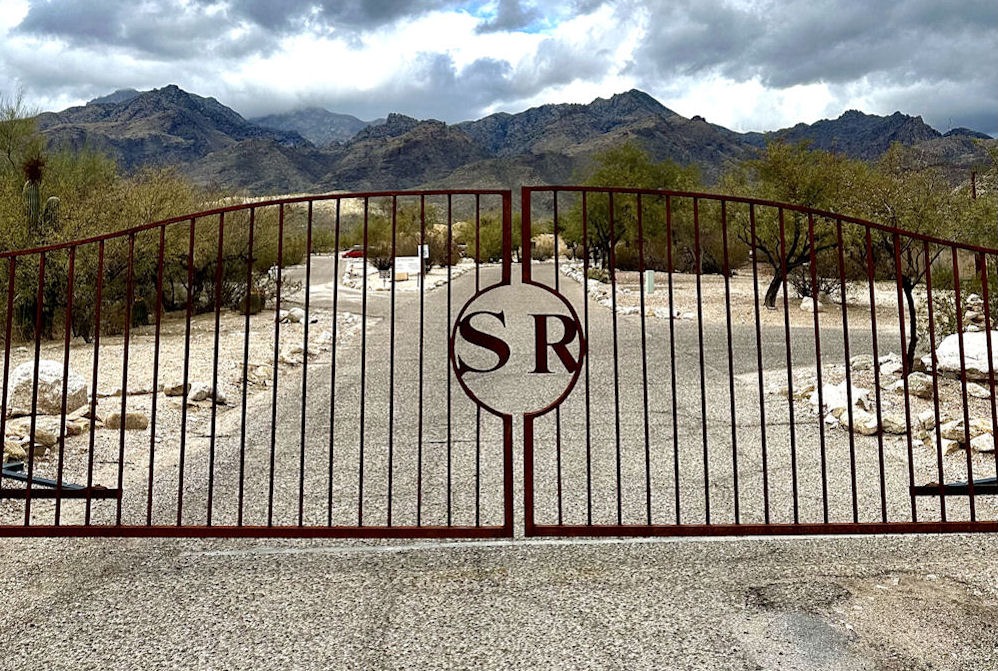In today’s fast-paced world, many individuals find themselves caught in a cycle of unfulfilled relationships, driven by an overwhelming need for connection. For Stacey Gonzales, LAC, CSAT Candidate at Sabino Recovery, this behavior, known as love addiction, is deeply tied to emotional imbalances, trauma, and unmet attachment needs. Gonzales recently shared his expertise on the topic, shedding light on what love addiction entails, how it evolves, and how Sabino Recovery offers a pathway to healing.
“There are three systems in the brain when it comes to connection: sex drive, deep romantic feelings, and attachment,” Stacey explains. “All three can become addictive.” Unlike healthy romantic attachment, love addiction often manifests as an unrelenting pursuit of emotional highs without regard to other crucial qualities in a partner.
In treatment, Gonzales encounters individuals who repeatedly fall for relationships fueled by passion but void of stability. “They might say, ‘I met someone amazing!’ but upon further discussion, it becomes clear that this person has serious issues—addictions, abusive behavior, or instability,” he notes. Despite red flags, the emotional part of the brain can dominate, leading to toxic relational patterns.
Trauma and Attachment in Love Addiction
A recurring theme in love addiction is unresolved trauma. “Many people struggling with love addiction have had their emotional development frozen in time,” Gonzales explains. This often stems from weak or absent attachments in childhood, where healthy intimacy and emotional repair were never modeled. Without these foundational experiences, individuals may latch onto relationships that offer temporary emotional euphoria.

The issue, however, is not necessarily rooted in a diagnosable attachment disorder. Instead, many clients at Sabino Recovery face challenges across various aspects of their lives, not just in intimate relationships. “They often lack strong attachments anywhere—whether in their communities or with themselves,” Gonzales observes.
A Space to Heal and Rebuild
Sabino Recovery’s approach to healing involves creating a safe, structured environment where residents can redefine boundaries and learn healthy relationship dynamics. According to Gonzales, many clients arrive at Sabino without understanding what boundaries are or how to establish self-respect in relationships. “Our job is to introduce a plan that incorporates boundaries, self-respect, and healthy attachment,” he emphasizes. This foundational work is critical before clients engage in future romantic relationships.
One of Sabino’s standout therapeutic methods is psychodrama, an experiential therapy that allows clients to act out key moments from their lives. “It can be nerve-wracking, but it’s also powerful,” Gonzales shares. “When others witness your story through psychodrama, strong attachments can form as the community comes together in support and accountability.”
Experiential therapies extend beyond psychodrama at Sabino. Residents benefit from time spent in nature, interactions with therapy animals, and close-knit group processing work. The therapeutic environment itself is designed to foster healing from the moment client’s step onto the property. “The heart and soul of Sabino is community,” Gonzales says. “It’s about helping each other in every moment.”

The Role of Group Therapy
The application of group therapy plays a central role in Sabino’s treatment model with individuals working through love addiction behaviors. Gonzales describes the process group as the “meat and potatoes” of the experience. Residents participate in process groups three times a week, including DBT, psychodrama, Narrative Focused, Attachment, Refuge Recovery, that help them build trust, develop healthy attachments, and hold each other accountable. Over time, they transition from being new and uncertain participants to experienced leaders within the group.
“It’s incredibly impactful when accountability comes from the community rather than just the staff,” Gonzales highlights. This peer-driven approach deepens the healing process, helping residents internalize new, healthier patterns of behavior.
Overcoming Shame and Seeking Help
For those hesitant to seek treatment due to the stigma around love addiction, Gonzales offers a reassuring message. “The good thing about the voice of shame is that it’s not true,” he says. In group therapy, clients begin to see this firsthand by witnessing others confront their own shame. “When you recognize that someone else’s shame isn’t true, you start to realize the same applies to you.”
Sabino Recovery’s holistic, experiential approach provides a nurturing space for individuals to break free from destructive relationship patterns. While love addiction research is still developing, Gonzales emphasizes that lasting recovery is achievable through a commitment to therapy, strong attachments, and supportive community.
At Sabino, the journey to healing is one of connection, growth, and transformation—a testament to the power of rebuilding relationships both with others and oneself.
About Sabino Recovery
Sabino Recovery is a leading provider of holistic, trauma-informed addiction and mental health treatment. Located in the serene Sonoran Desert of Tucson, Arizona, Sabino Recovery offers individualized programs designed to address the underlying causes of addiction and mental health disorders. Their comprehensive approach integrates evidence-based therapies, experiential activities, and wellness practices to promote lasting healing and recovery. For more information, please visit www.sabinorecovery.com or call 844-286-0516.



